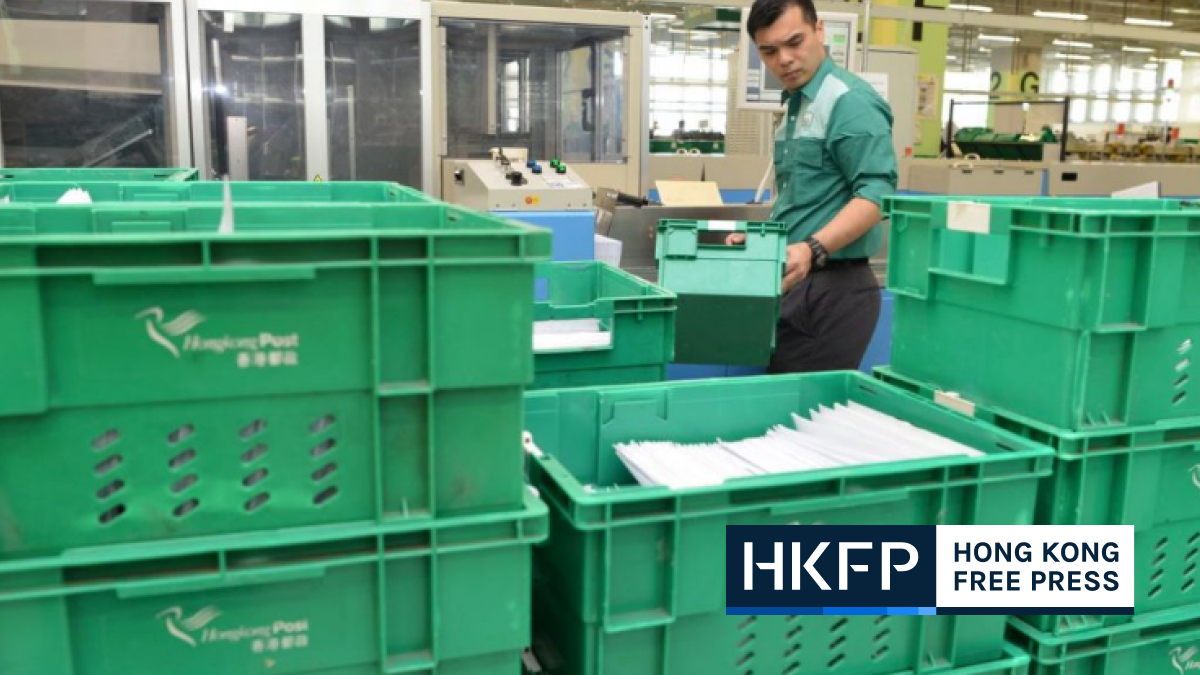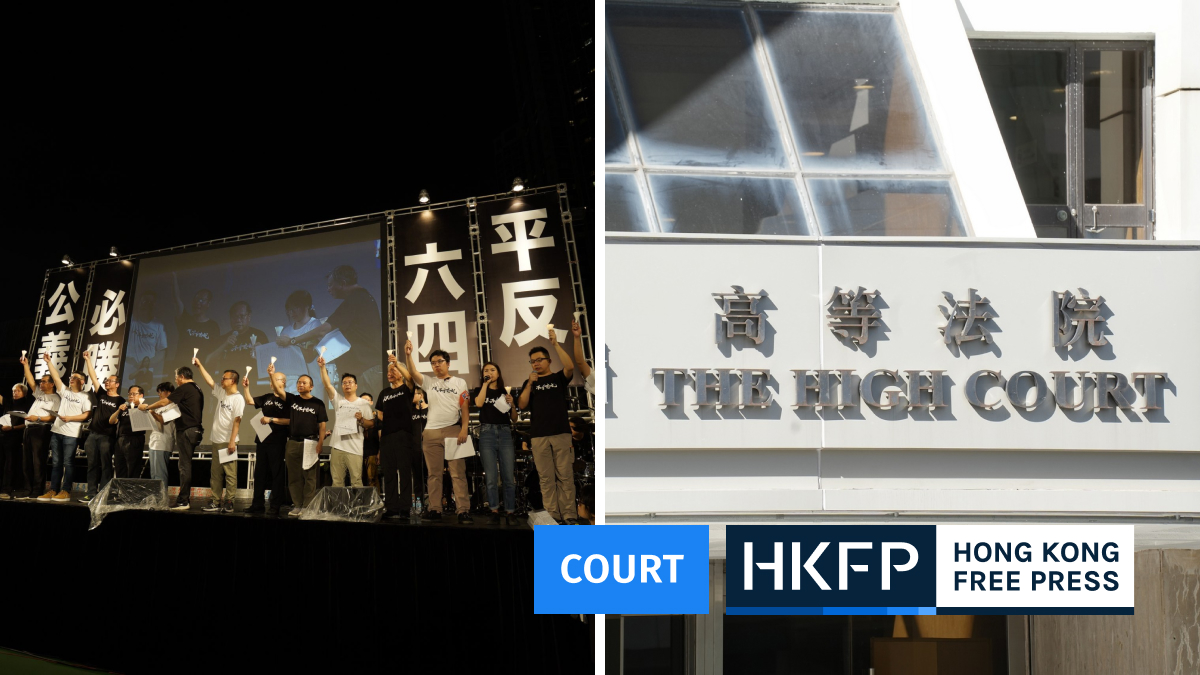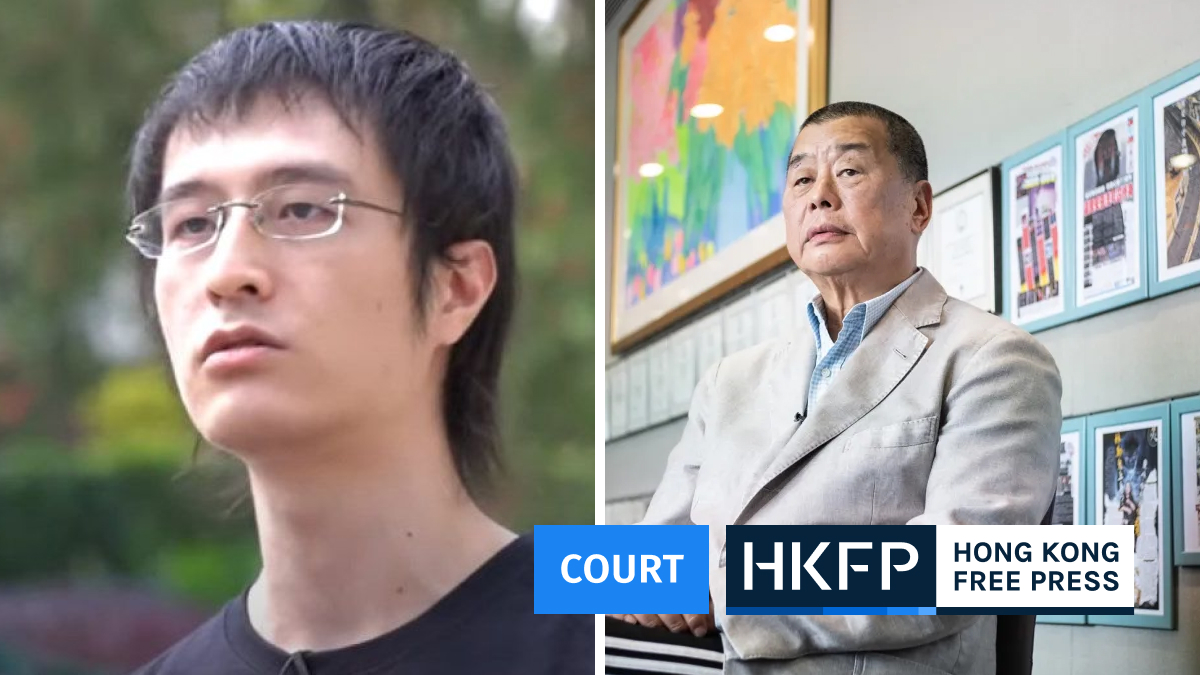New Zealand has suspended its extradition treaty with Hong Kong, citing concerns over the controversial national security law.
Foreign Affairs Minister Winston Peters said China’s passing of the security law “has eroded rule-of-law principles, undermined the ‘one country, two systems’ framework that underpins Hong Kong’s unique status, and gone against commitments China made to the international community.”

He added that Wellington had to act proportionately and deliberately and will continue to review its relationship with the city: “New Zealand can no longer trust that Hong Kong’s criminal justice system is sufficiently independent from China. If China in future shows adherence to the ‘one country, two systems’ framework then we could reconsider this decision.”
New Zealand will also change how it treats the export of sensitive goods to Hong Kong. Military and dual-use goods and technology exports to Hong Kong will now face the same restrictions as those exported to China.
Last week, the New Zealand Herald reported that New Zealand-designed light aircraft had been converted into Chinese military drones.

In June 2020, Beijing inserted national security legislation directly into Hong Kong’s mini-constitution – bypassing the local legislature – following a year of pro-democracy protests and unrest. It criminalised subversion, secession, collusion with foreign forces and terrorist acts, which were broadly defined to include disruption to transport and other infrastructure. The move gave police sweeping new powers, alarming democrats, civil society groups and trade partners, as such laws have been used broadly to silence and punish dissidents in China. However, the authorities say it has restored stability and peace to the city.
The UK suspended its Hong Kong extradition treaty last Monday. China’s ambassador in London accused Downing Street of interfering in the country’s internal affairs.
Support HKFP | Policies & Ethics | Error/typo? | Contact Us | Newsletter | Transparency & Annual Report | Apps
Help safeguard press freedom & keep HKFP free for all readers by supporting our team
























